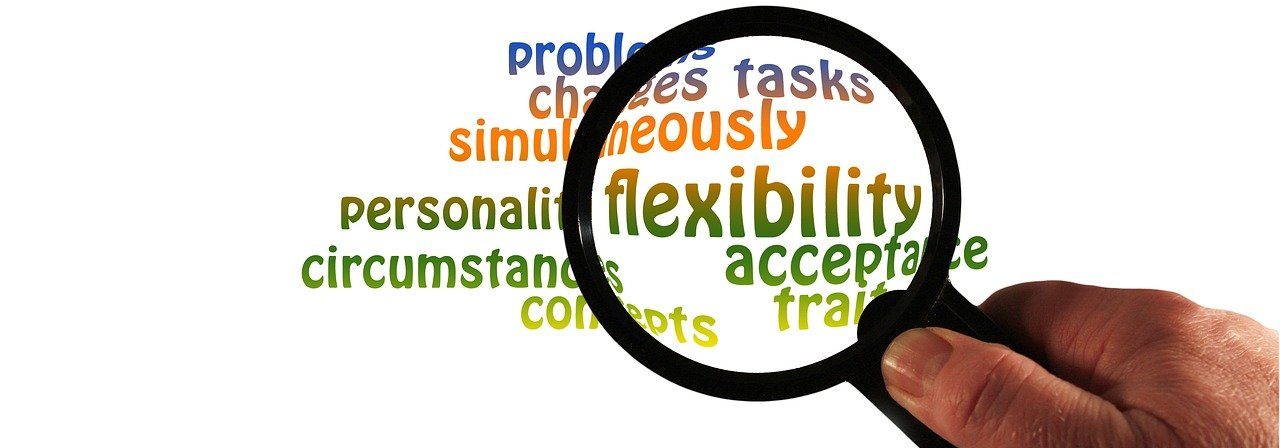Characteristics of a peer visitor

We have reviewed the roles and responsibilities of a peer visitor, now let’s explore the characteristics and competencies a peer visitor should have.
Characteristics
Good peer visitors have the following characteristics.
They:
- Have made progress in their own recovery journey
- Have good active and sensitive listening skills
- Understand and guide the person seeking support
- Can identify and appropriately handle crisis situations
- Are proactive in providing the person seeking support with ACC and other community resources and information
- Understand the boundaries of a peer support visitor
- Ask questions and for help when assistance is needed
- Are approachable and easy to communicate with
- Provide judgment-free care
- Show respect, empathy, and compassion
- Can acknowledge that the peer visitation is not about them and about the person seeking support
- Are aware not to direct own beliefs onto the person seeking support.
Competencies
Peer visitors should also have the following competencies (2016 PSACC National Certification Handbook):
| Hope | Peer visitors express confidence that others will be successful in their own personal journeys of recovery |
| Demeanour | Peer visitors are sensitive to what others might be feeling, have a capacity for non-judgmental empathy, and respond from an equal, genuine, and sharing point of view |
| Interpersonal relations | Peer visitors honour the dignity of others and strive to build positive, respectful relationships |
| Communications | Peer visitors listen with empathy and without judgment holding the person they’re visiting within unconditional high regard |
| Self-management and resiliency | Peer visitors understand the importance of self-care and stress management. They model practices that work best for them to remain healthy while they support others. |
| Flexibility and adaptability | Peer visitors are open to new ideas, deal comfortably with ambiguity, and adjust plans and behaviours recording to the situation. |
| Self-awareness and confidence | Peer visitors interact in a manner that demonstrates a balance of self-confidence with openness to the opinions of others. They are able to self-reflect and understand that their personal thoughts and attitudes can affect their behaviours and their actions |
| Initiative and commitment | peer visitors are dependable and carry their commitments to completion |
| Critical thinking | Peer visitors are able to engage in active listening to better understand the situation and to recognize that there is more than one way to view any shoe. They consider the possible implications or outcomes of their actions and when asked will help their peers to explore the outcome or possible consequences of various options. |
| Continuous learning and development | Peer visitors approach their life and volunteer work in a curious manner, identifying areas where they were personal growth is needed; they also take advantage of any opportunities to learn and develop in the role. |
Reflection Exercise
How to complete this activity and save your work: type your reflective responses to the questions in the boxes below. When you’re done reflecting on the questions, navigate to the export page to download and save your response. If you prefer to work in a Word document offline, you can skip to the export section and download a Word document of the reflection here.

